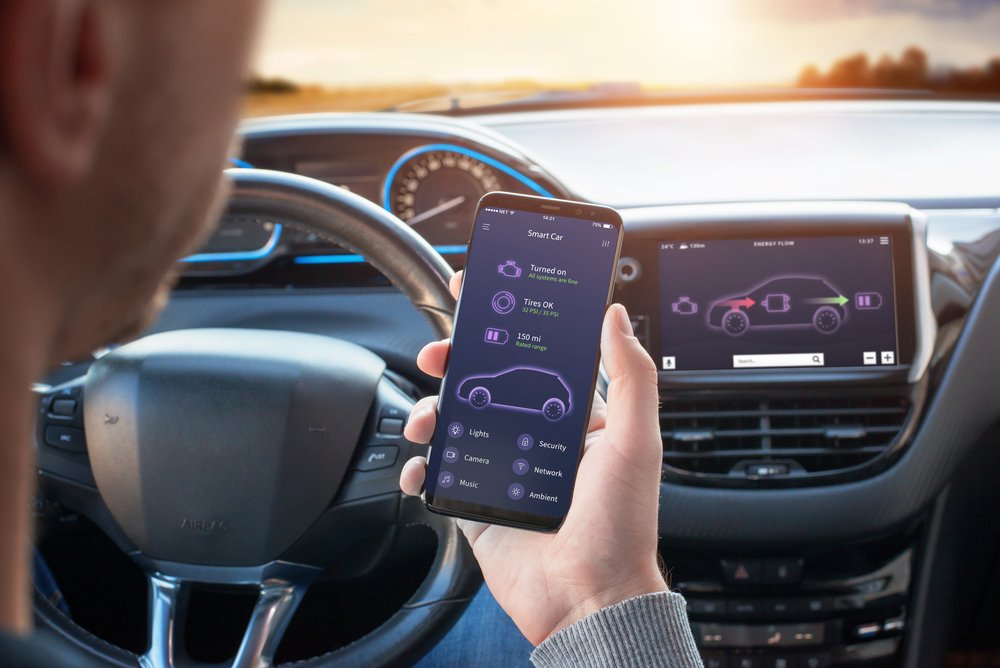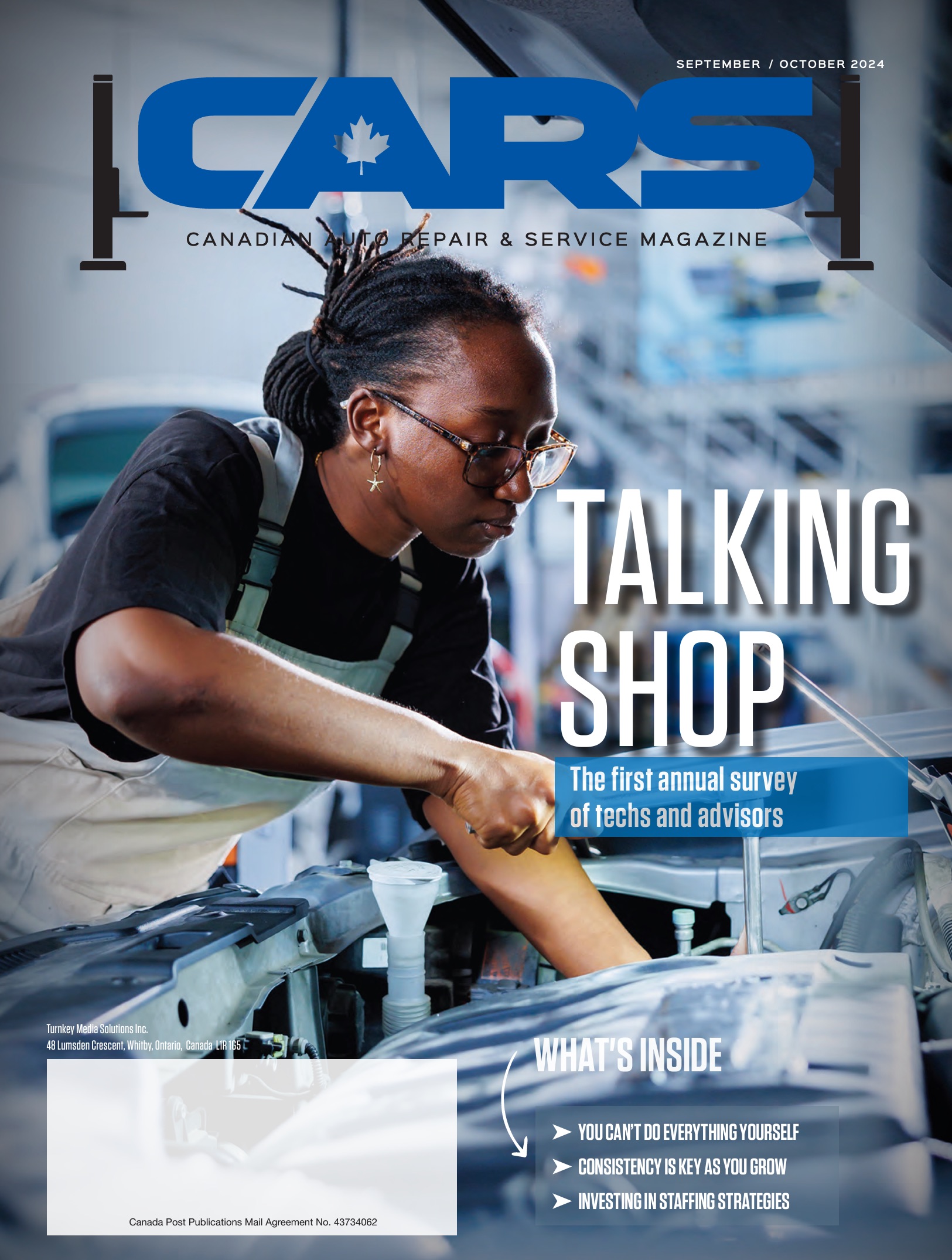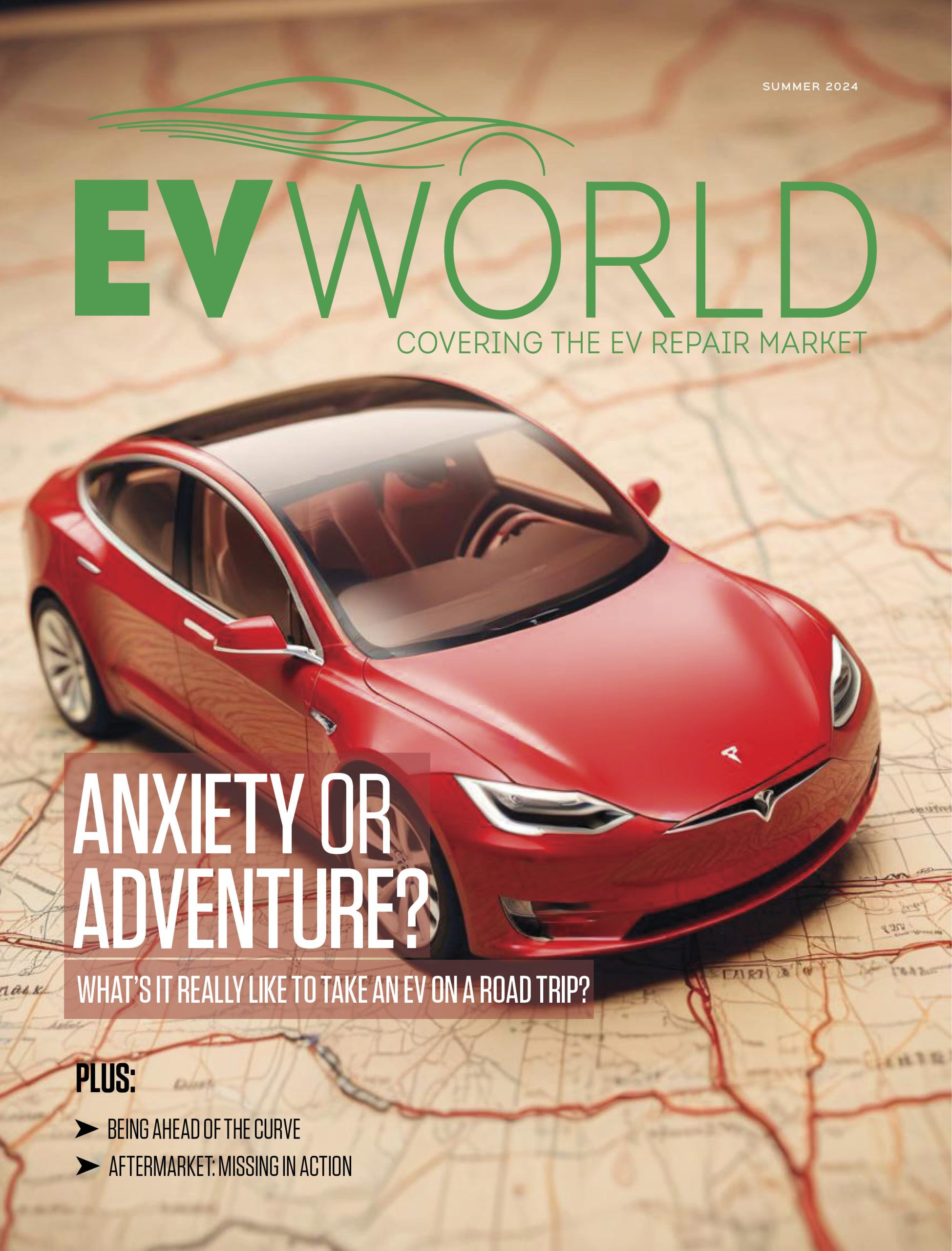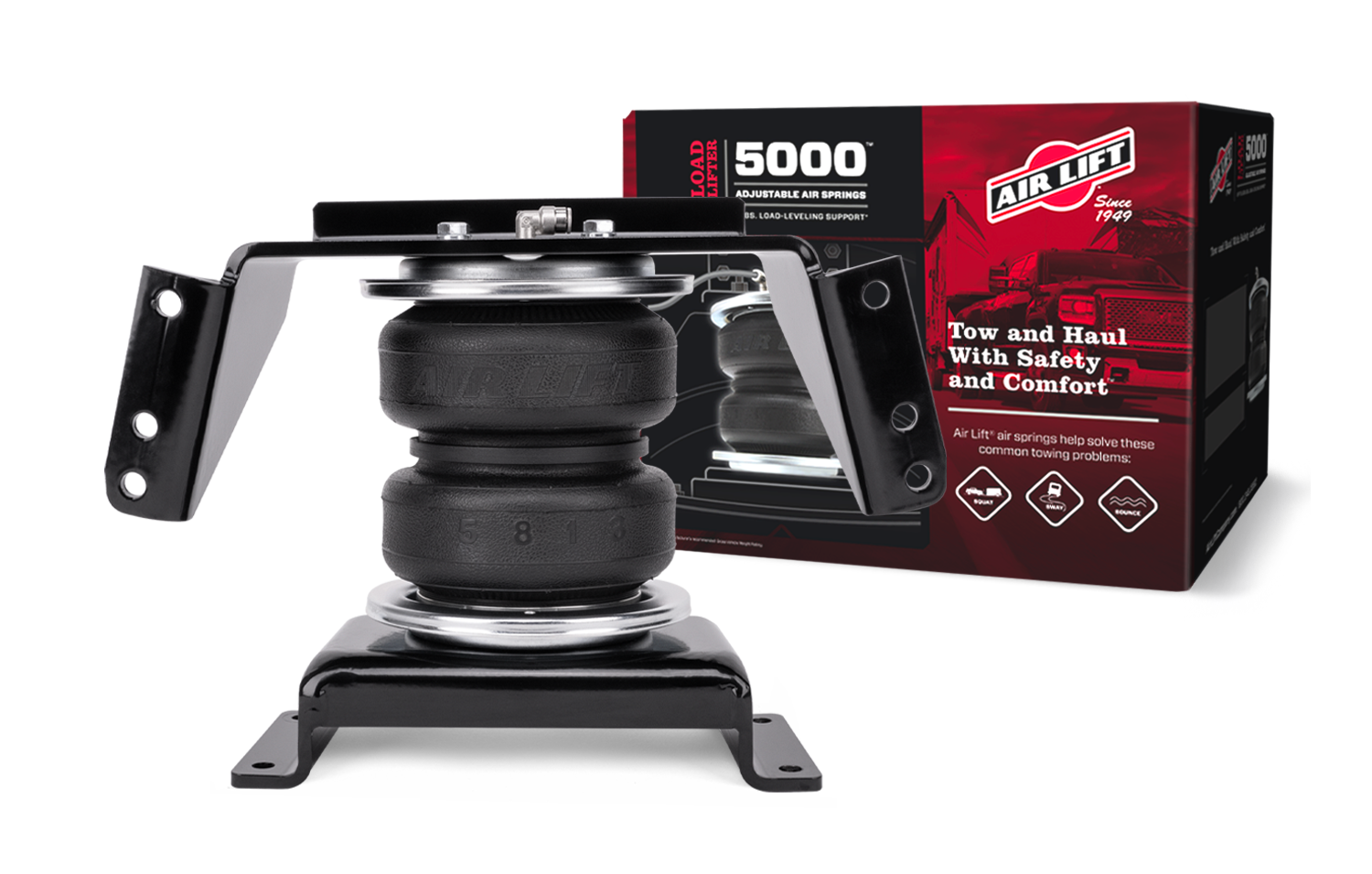
A recent study by J.D. Power reveals a noticeable decline in vehicle dependability three years post-purchase, marking a concerning trend for vehicle owners across the U.S.
The 2024 U.S. Vehicle Dependability Study highlighted an increase in the number of problems encountered by nearly two-thirds of automotive brands, with the industry average hitting 190 problems per 100 vehicles (PP100), up from 186 PP100 in the previous year. This four-point year-over-year increase underscores a growing issue in long-term vehicle reliability, the group noted.
Frank Hanley, senior director of auto benchmarking at J.D. Power, pointed out the unusual nature of the deterioration, attributing it to the challenging production period these vehicles underwent.
“This can likely be attributed to the tumultuous time during which these vehicles were built, and owners are keeping their vehicles for much longer,” he said. “In fact, the average age of vehicles on American roads today is approximately 12 years, which underscores the importance of building a vehicle designed to stand the test of time. Automakers must ensure new vehicle technology introduced today will still meet the customer’s needs years down the road.”
The 35th annual study, which assesses 184 specific problem areas across nine major vehicle categories, found that infotainment systems are the most significant source of owner frustration, with issues nearly double those of the next problematic category, exterior. Notably, connectivity problems with Android Auto and Apple CarPlay, along with built-in voice recognition difficulties, top the list of infotainment system grievances.
Another area where dissatisfaction has grown is with driver assistance system alerts. Despite owners having three years to acclimate to their vehicle’s alert systems, complaints have increased, particularly with features like lane departure warnings and automatic emergency braking.
The study also reveals that electrified vehicles, including battery electric vehicles (BEVs) and plug-in hybrid electric vehicles (PHEVs), report more problems than their gas-powered and hybrid counterparts. BEVs, in particular, present the highest level of issues (256 PP100), with a notable 39% of BEV owners having replaced their tires in the past year, a figure significantly higher than that of gas-powered vehicle owners.
Lexus ranked highest overall in vehicle dependability for a second straight year, scoring 135 PP100. Among premium brands, Porsche (175 PP100) placed second and BMW (190 PP100) ranked third.
Toyota topped the mass market segment, with a score of 147 PP100. Buick (149 PP100) placed second, while Chevrolet and Mini (174 PP100) each rank third in a tie.












Leave a Reply